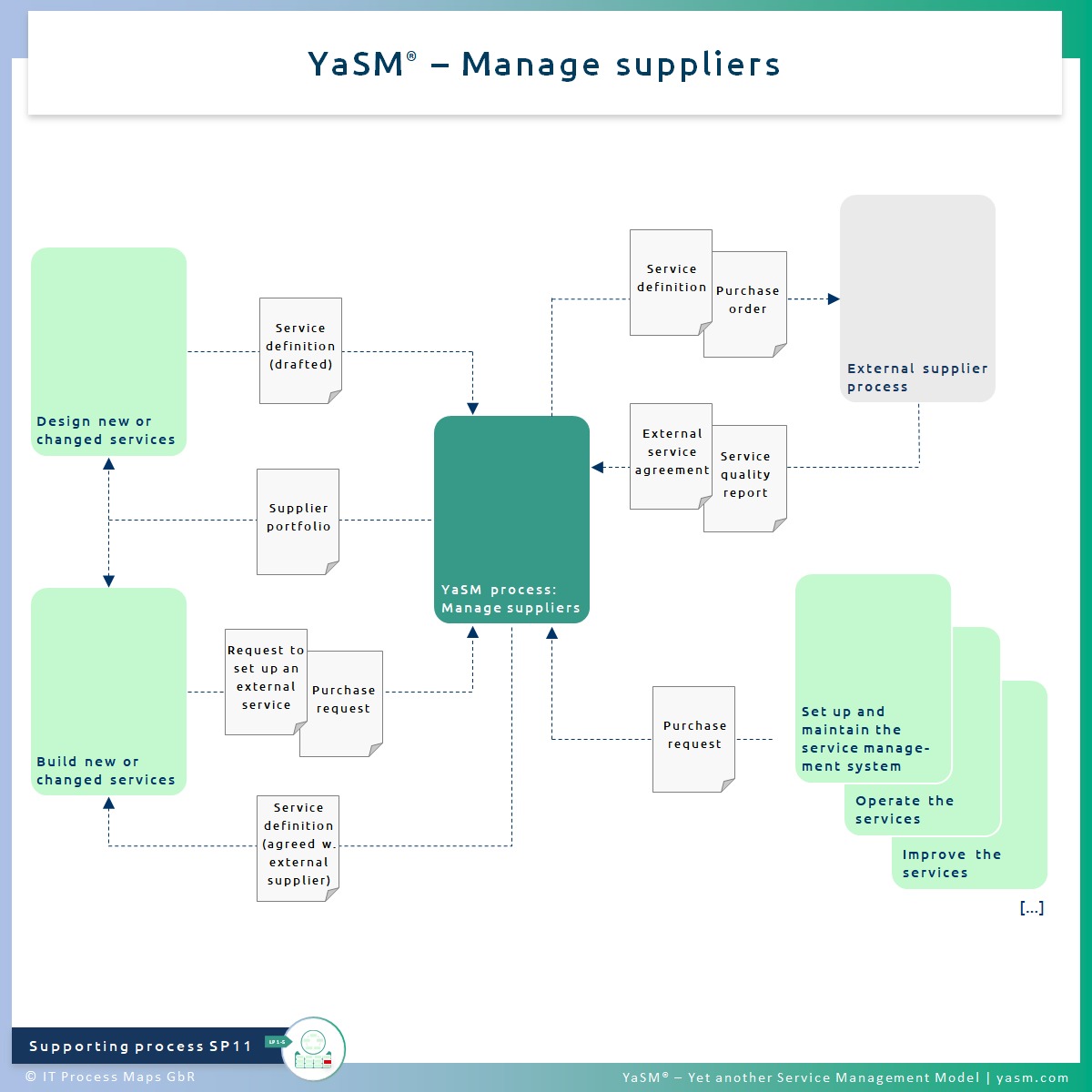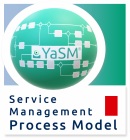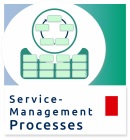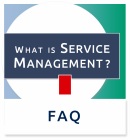SP11: Manage suppliers
Process name: Manage suppliers - Part of: Supporting service management processes
Previous process: Manage human resources
Next process: Manage service financials
Process description

YaSM's supplier management process ("SP11: Manage suppliers") ensures that all agreements with suppliers support the needs of the business, and that all suppliers meet their contractual commitments.
One of the key responsibilities of the process is setting up externally supplied supporting services.
If external supporting services need to be put in place as part of a service development project, service design will provide the requirements for such services. The supplier manager is then in charge of selecting suitable suppliers and negotiating the precise details of the services to be delivered (documented in service definitions and external service agreements).
Once supplier agreements are in place, supplier management performs regular reviews of the agreements to ensure that the contracts continue to be in line with business needs. It also monitors on an ongoing basis if the suppliers meet their contractual commitments and takes corrective action if required.
Last but not least, the supplier management process procures the various goods required by the service provider organization, such as spare parts, licenses and consumables.
Sub-processes
"Manage suppliers" has the following sub-processes:
SP11.1: Set up external supporting services
- Process objective: To set up external supporting services. This process is typically called upon during service implementation if new or changed external supporting services are needed for a new service.
SP11.2: Procure infrastructure items
- Process objective: To procure infrastructure items. This process is called upon, for example, during service implementation if new technical infrastructure is needed for a new service, or during service operation if spare parts are to be procured.
SP11.3: Hold supplier meetings
- Process objective: To communicate with suppliers on a regular basis in order to discuss any issues related to their performance, to identify potentials for improving the cooperation and to learn about the suppliers' plans for the future.
SP11.4: Renew or terminate supplier agreements
- Process objective: To assess on a regular basis if agreements with suppliers are still relevant before renewing those agreements, and to terminate agreements which are no longer needed.
SP11.5: Check supplier invoices
- Process objective: To check incoming supplier invoices for correctness before forwarding them to financial management for settlement.
Process outputs
This section lists the documents and records produced by "Manage suppliers". YaSM data objects [*] are marked with an asterisk, while other objects are displayed in gray.
External service agreement [*]
- An agreement between a service provider and an external supplier for supplying a supporting service as specified in the service definition. A signed external service agreement represents a commitment by an external service supplier to supply a supporting service in line with the agreed quality, at a specified cost. A single agreement may cover multiple services.
General supplier agreement
- A higher-level agreement with a supplier. General supplier agreements are at times put in place with particular suppliers, covering issues regardless of the services or goods being provided. If such agreements exist, they are routinely attached to external service agreements.
Goods received note
- A notification sent by the supplier manager to confirm that ordered goods or services have been received.
License or lease agreement
- An agreement between a service provider and an external supplier governing, for example, the leasing of infrastructure items or the licensing of software.
Pricing scheme
- A pricing scheme is the basis for calculating the price a customer is expected to pay for using a service. Pricing schemes are maintained by the financial manager and may be simple or more complex, especially if the price to be paid is tied to actual service usage or service quality. A description of the applicable pricing scheme is also part of the service agreements.
Purchase order
- An order to an external supplier for purchasing goods or services. If the order is for an externally supplied supporting service it is typically accompanied by a service definition specifying the properties of the service to be supplied.
Purchase request
- A request to procure goods or services from an external supplier. Purchasing requests are typically sent to the supplier manager, for example if applications, systems or other infrastructure components are needed for setting up a new service, or if standard infrastructure components and consumables are required for service operation.
Service definition [*]
- A service definition specifies the service properties, in particular the offered functionality and the guaranteed service levels. Service definitions also describe how the organization's resources are used in order to provide the service. A service can be provided using one or several other (internal or external) supporting services.
Supplier invoice
- An invoice from a supplier for the delivery of a service or product.
Supplier meeting minutes [*]
- The supplier meeting minutes record the details and findings from a meeting of the service provider with one of its external service suppliers. This report is an important input for defining service improvement initiatives.
Supplier policy [*]
- The supplier policy describes and communicates the organization's approach to managing external suppliers of goods and services. To be effective, the policy needs the backing of top management and must be communicated to all relevant stakeholders.
Supplier portfolio [*]
- The supplier portfolio is used to record all information related to suppliers. The supplier portfolio is the supplier manager’s view of the external suppliers which provide goods and services to the service provider.
Notes:
[*] "YaSM data objects" are those documents or records for which the YaSM model provides detailed recommendations: Every YaSM object has an associated checklist (see example) describing its typical contents, and an associated lifecycle diagram depicting how the status of the object changes as it is created, updated, read and archived by various YaSM processes (see example).
"Other objects" are mostly informal data or information where YaSM has less strong views about their contents. There are no associated lifecycle diagrams or checklists.
Process metrics
Process metrics are used, for example, to assess if the service management processes are running according to expectations.
For suggestions of suitable metrics, please refer to the list of metrics for the YaSM supplier management process.
Roles and responsibilities
Process owner: Supplier manager
- The supplier manager is responsible for ensuring that value for money is obtained from all suppliers. This role makes sure that the contracts with external suppliers support the service provider's needs, and that all suppliers meet their contractual commitments.
| YaSM role / sub-process | Financial manager | Supplier manager | |
|---|---|---|---|
| SP11.1 | Set up external supporting services | R | AR |
| SP11.2 | Procure infrastructure items | R | AR |
| SP11.3 | Hold supplier meetings | - | AR |
| SP11.4 | Renew or terminate supplier agreements | - | AR |
| SP11.5 | Check supplier invoices | - | AR |
[ Infobox ]
| Link to this page: | https://yasm.com/wiki/en/index.php/SP11:_Manage_suppliers |
| Languages: | English | Deutsch |
| Image: | YaSM SP11: Manage suppliers (.JPG) |
| Author | Contributor: | Stefan Kempter |
Process description › Sub-processes › Process outputs › Metrics › Roles




